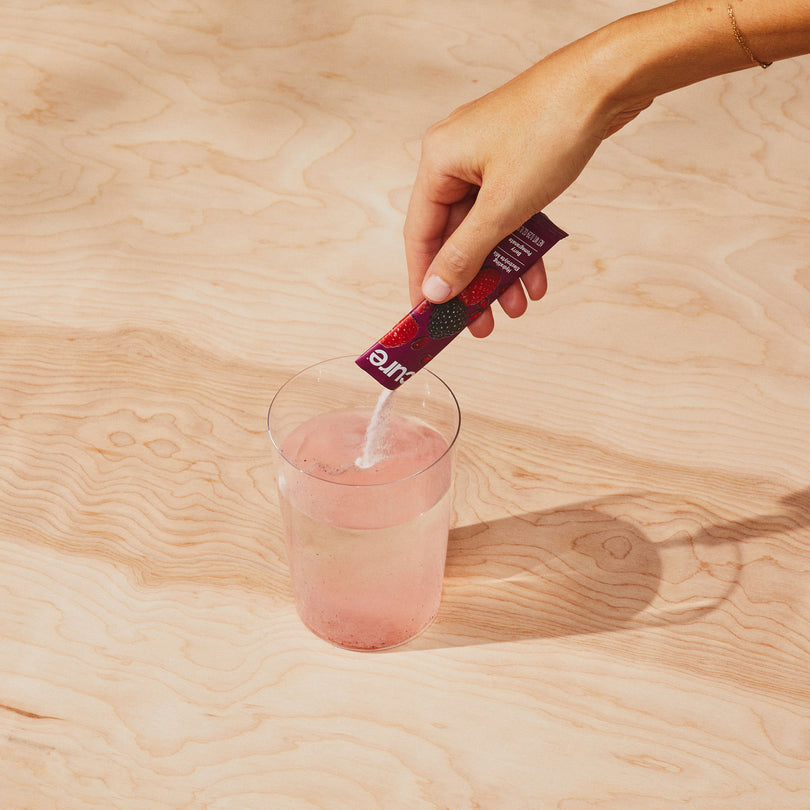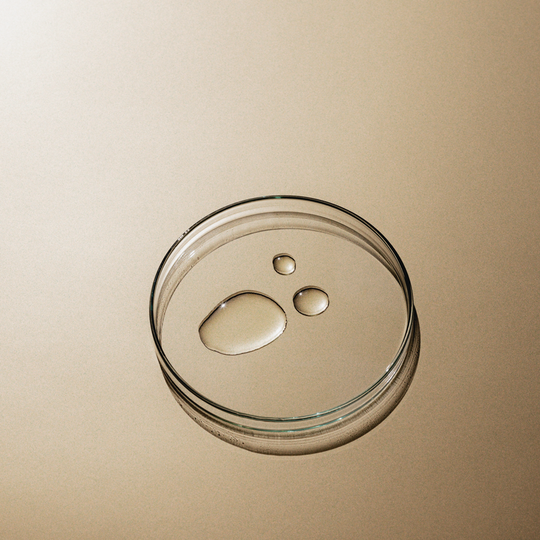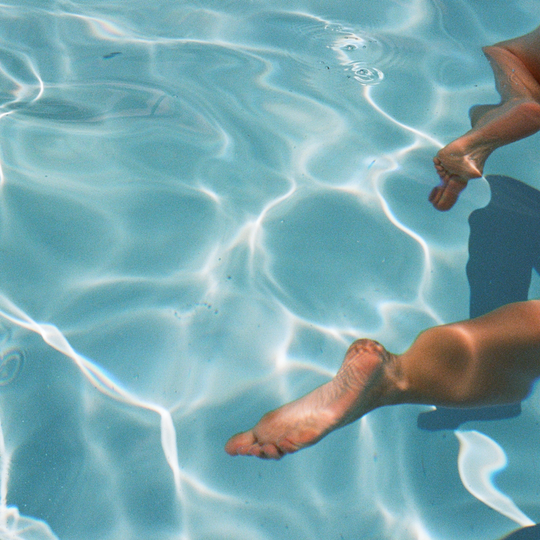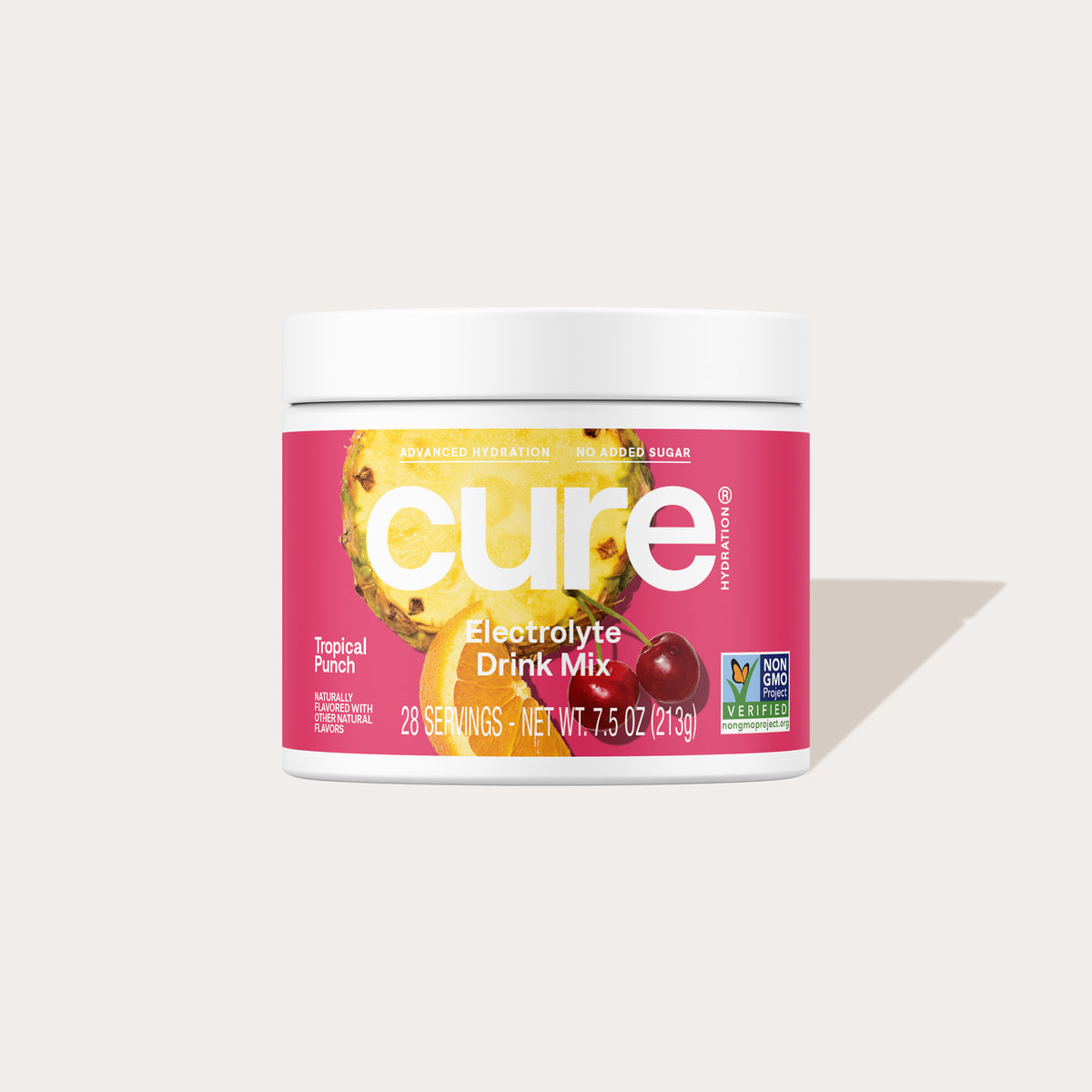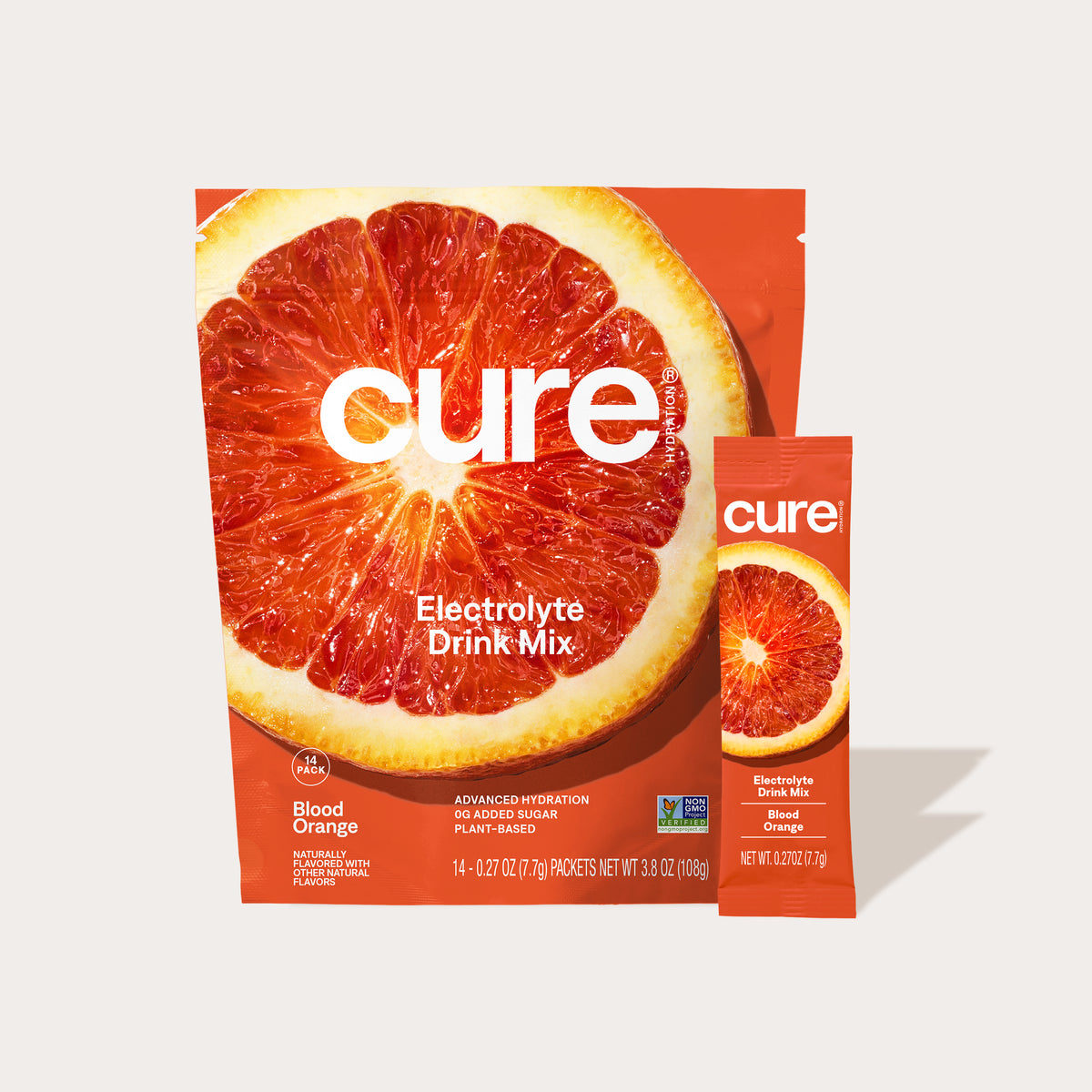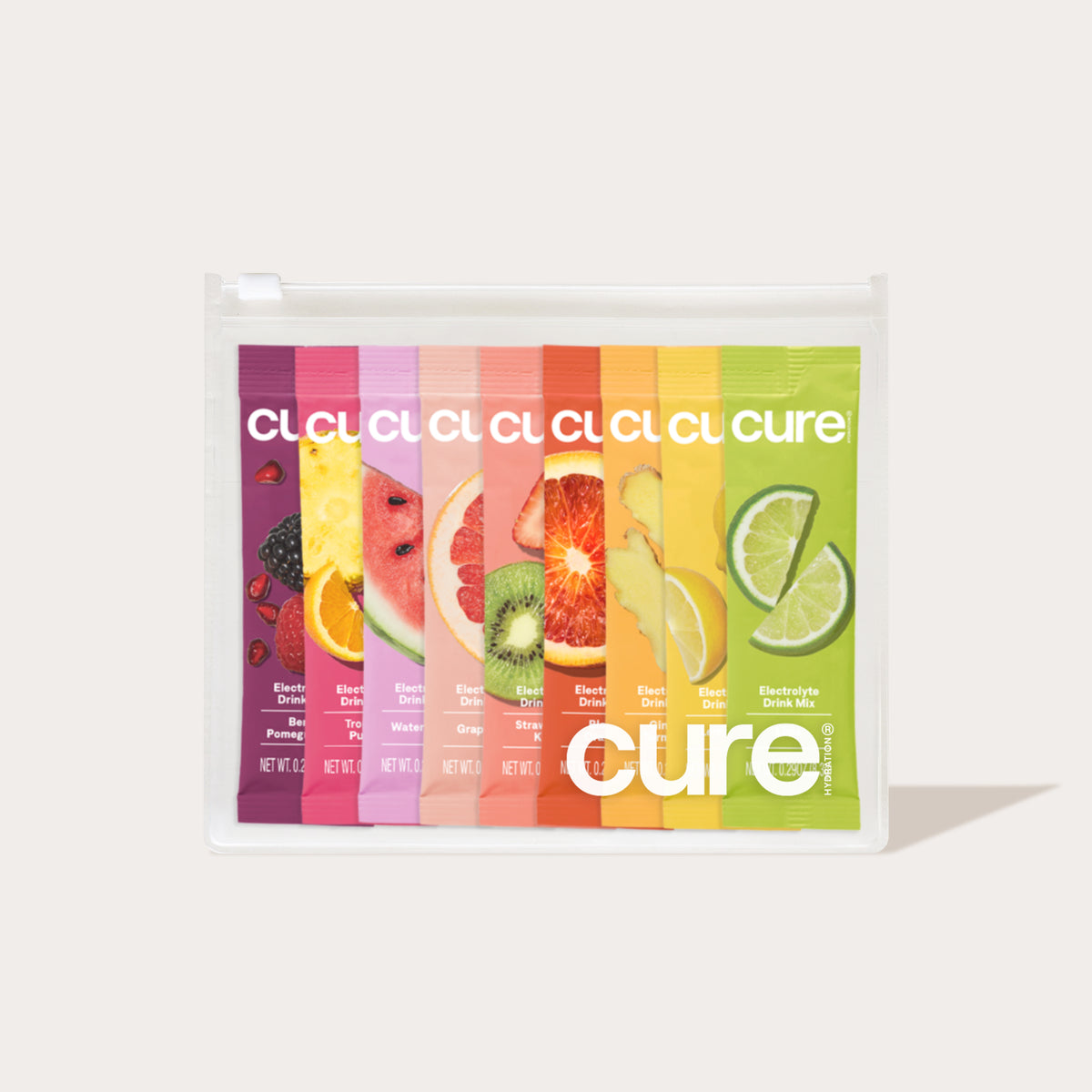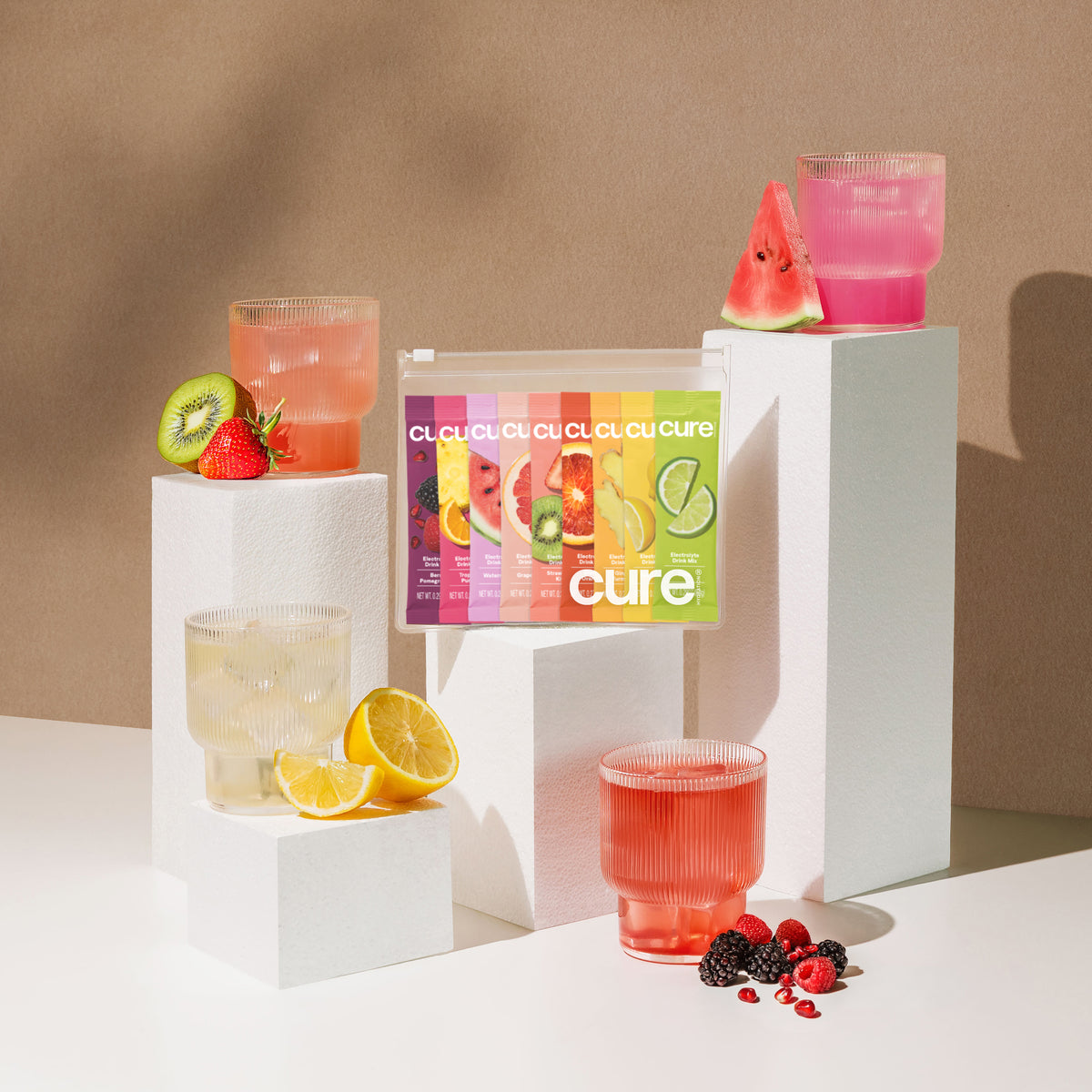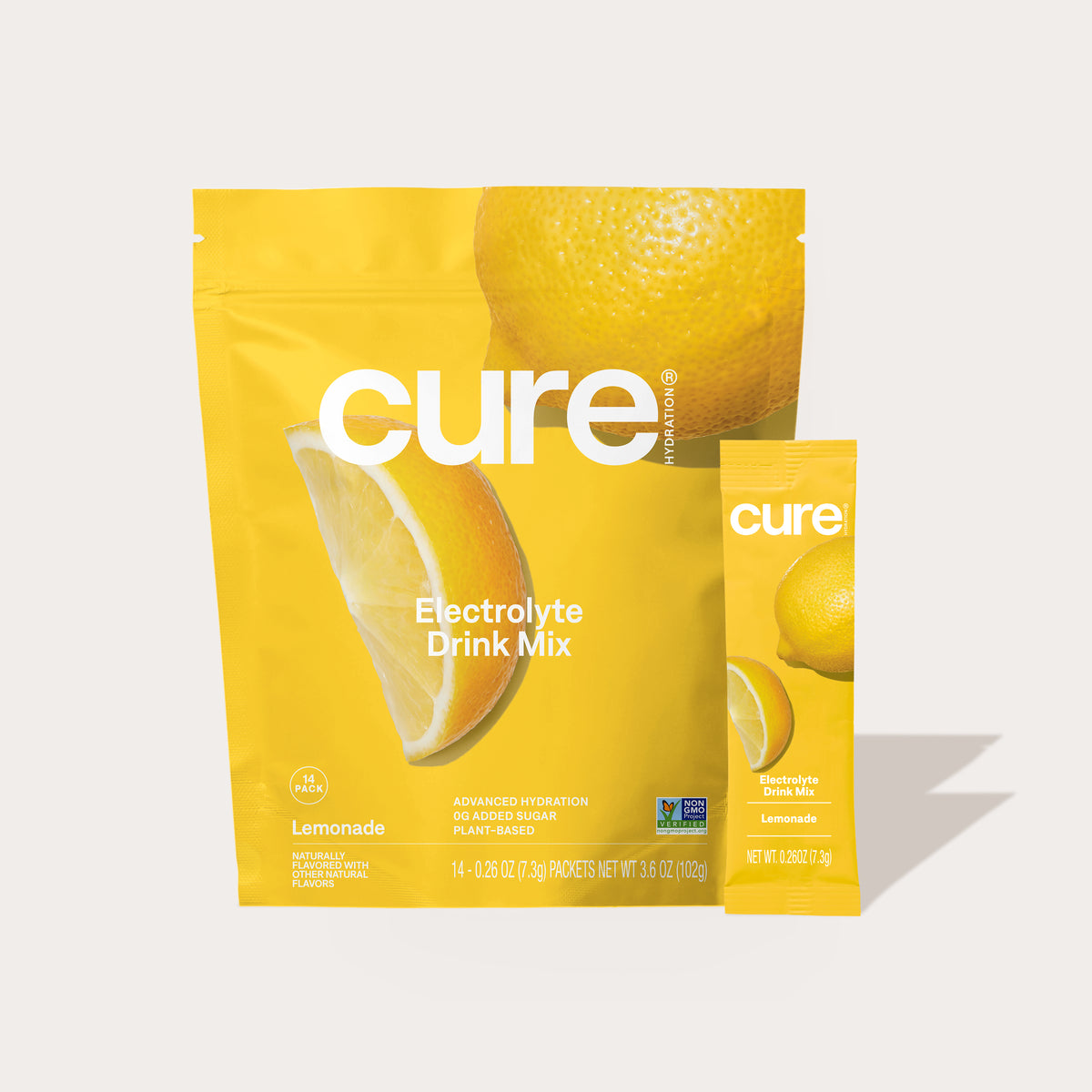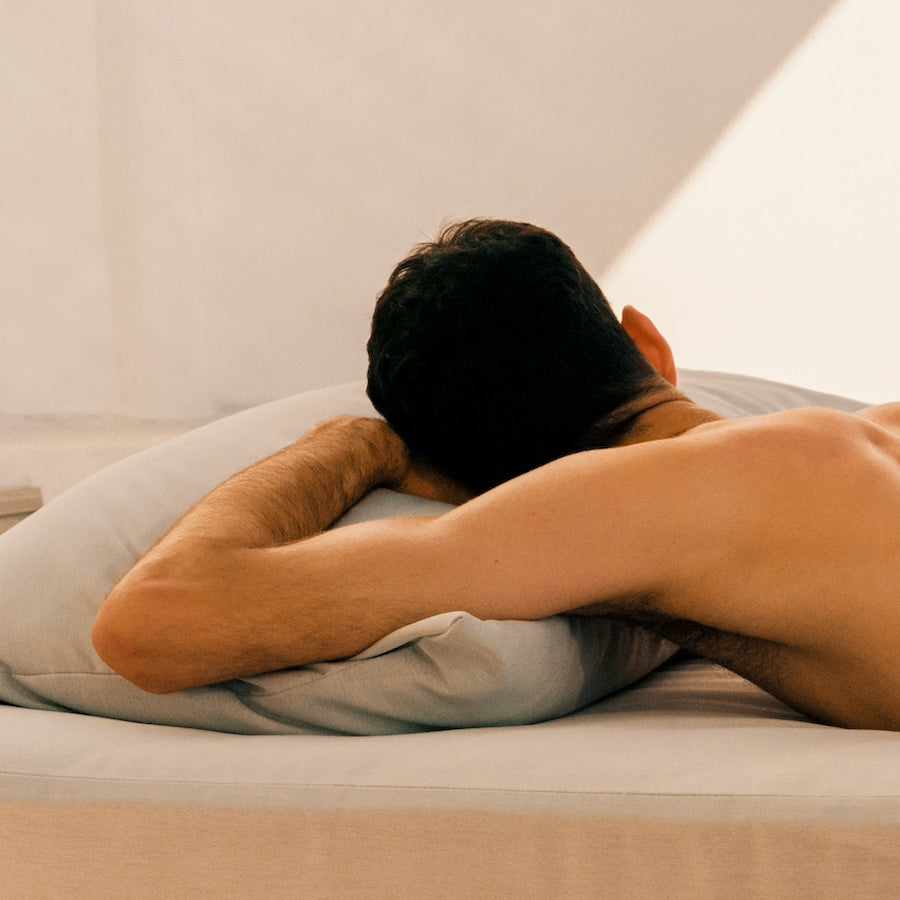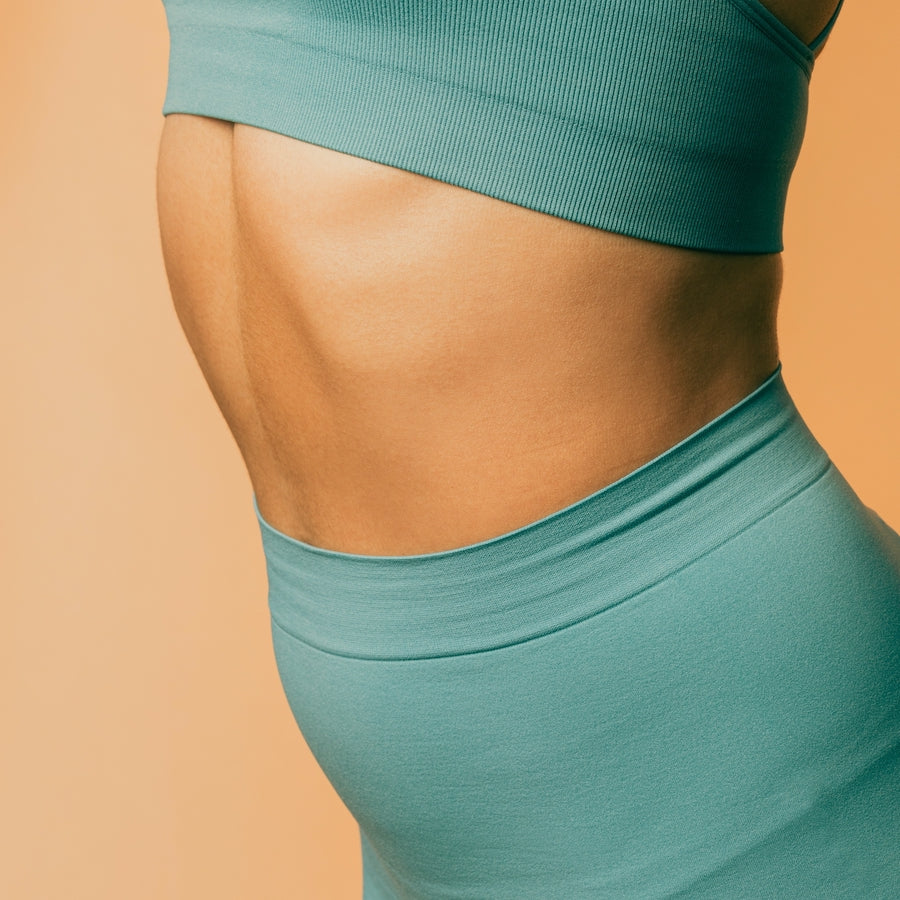Yes, dehydration can undoubtedly lead to some brutal headaches.
Headaches are a common symptom of dehydration caused by an imbalance of electrolytes and fluids. More specifically, dehydration headaches occur when the blood vessels in your brain temporarily shrink due to a loss of fluids.
Dehydration headaches can seemingly appear out of nowhere. If you're feeling thirsty, you're already dehydrated, which is why it seems like these headaches take hold so quickly. A research study conducted on healthy young women showed a fluid loss of 1.36 percent impaired their mood and concentration, in addition to increasing the frequency of headaches.
Taking care of ourselves is more important than ever. But when it comes to trying to take the best care of ourselves, the path forward isn't always clear. Cure will help you make the right choice when it comes to your overall wellness.
What is Dehydration?
Each day, our body engages in a battle to maintain the healthy and correct balance of water and electrolytes to make sure everything functions properly. Because we constantly lose fluid during the day through normal bodily functions such as urine and sweat, it is vital for us to continually replace that fluid to avoid dehydration.
When our bodies lose more fluid than they retain, we become dehydrated. If your body does become dehydrated, you may experience a variety of different symptoms, including increased thirst, a dry mouth, dizziness, light-headedness, dark-colored urine, fatigue – and, you guessed it, a headache.
Now that we've established the definition and causes of dehydration, did you know that your body can become chronically dehydrated? Chronic dehydration presents itself differently from regular dehydration, and you may not even experience dehydration symptoms. Chronic dehydration happens when your body attempts to function using less water, no matter how many fluids you consume. This happens because your body becomes more desensitized to water intake.
Signs of dehydration that a doctor will look for include a concentrated blood volume, abnormal electrolyte levels, and reduced kidney function over time.
It can be harder to notice chronic dehydration symptoms than acute hydration symptoms, so here's a rundown of the most common indicators of chronic dehydration:
- Frequent headaches — Because your brain is 70 percent water, you need to stay hydrated to ensure proper brain function. When you're dehydrated, your brain will trigger a headache that gets worse as your dehydration progresses.
- Fatigue — Just like your brain, your cells need to remain hydrated to facilitate their basic functions. One of these functions is energy production, meaning the less hydrated you are, the more tired you'll feel.
- Cramping and muscle weakness — Proper water intake is necessary for normal muscle contraction. When you're dehydrated, you can suffer from abnormal muscle contraction, like painful cramps and weakness.
- Hunger — Sometimes, your body will confuse thirst and hunger. If you're eating enough every day but still crave fruits and other water-based foods, this could be a sign that your body needs to be hydrated.
- You're constipated — Among the many uses of water within your body, water helps your body move food waste through your bowels by softening your stool so it can pass. If you're dehydrated, your stool will become hard and dry, causing constipation.
- Dry, flaky skin — Water helps your skin maintain its youthful glow by improving skin elasticity. Dry, flakey skin is one external sign of dehydration, alongside a higher likelihood of wrinkles, fine lines, and scars.
- Overheating — Your body uses sweat to cool itself down when it's overheating through a method called evaporative cooling. Sweat leads to water loss. A dehydrated body won't sweat enough to cool itself down in order to conserve water, so it overheats faster and more often.
While dehydration isn't a medical emergency in and of itself, if left untreated, it can lead to a heightened risk of more serious conditions like heat strokes and even seizures. Symptoms such as nausea, headaches, dizziness, and muscle cramping may continue or worsen as your dehydration progresses.
Ongoing dehydration has been linked to:
- Decreased kidney function
- Kidney stones
- Hypertension
- Urinary tract infections
- Intestinal failure dementia
What does a Dehydration Headache Feel Like?
Not everyone's headaches will feel the same, but many people experience throbbing pain on both sides of their head. Dehydration headaches have been compared to a "hangover headache," which makes sense because you are usually dehydrated when you are hungover.
You can also determine whether you're experiencing a dehydration headache is to check for additional symptoms, like:
- Fatigue
- Dry mouth
- Disorientation or confusion
- Constipation
- Light-headedness
- Thirst
What causes Dehydration Headaches?
Your body is comprised of 55% to 78% water, which means fluids in your system play a vital role in keeping everything working correctly.
Every day, we lose water when we sweat and urinate, and we gain water when we drink fluids and eat water-based foods. When we lose more fluids during the day than we gain, we become dehydrated. As we know, dehydration affects tons of functions throughout our bodies, including our brain function.
More specifically, dehydration causes the brain to shrink slightly, which is linked to your blood vessels shrinking as well. This can create discomfort, like a throbbing sensation on either side of your head, regardless of whether your dehydration was mild, moderate, or severe.
How to Relieve Dehydration Headaches
The length of your dehydration headache can fluctuate based on both the situation and the person, but research has found that the headache can be resolved within 30 minutes to three hours depending on your water intake.
Here are the best four things to do to relieve a dehydration headache quickly:
Drink Water
This is the surefire, number one, BEST way to recover from a dehydration headache. One study found that individuals who drank 500 mL to 1000 mL (about 2 to 4 cups) of water felt relief from their headache within 30 minutes and their headache resolved after one to three hours.
If it's hard for you to drink enough water each day, we suggest carrying our glass reusable water bottle with you to make hydration more accessible throughout the day. Taking a water bottle wherever you roam helps you have quick relief at the ready in case a dehydration headache sneaks up on you. In addition, carrying a reusable water bottle will encourage and remind you to drink more water.
So ideally, it will reduce dehydration headaches more than relieve them.
Replenish Electrolytes
As we have discussed already, electrolytes are essential minerals such as sodium and potassium that we lose through sweat and urine. Replenishing electrolytes through a hydration drink mix can be a quick road to recovery from a hydration headache.
Try adding a Cure Hydration Daily Electrolyte Mix into your daily wellness routine to relieve and prevent these pesky headaches, as well as other symptoms of chronic and acute dehydration.
Use Over-the-Counter Pain Relievers
OTC medications like Ibuprofen or Tylenol can be beneficial for instant headache relief but will not manage the problem in the long run. Taking medicine every time you have a dehydration headache isn't a great long-term plan, although it does help in the short term.
Rest
If you are experiencing a painful dehydration headache and have already replenished your fluids, it's time to rest. If you are outside on a toasty day, find a shady or cool spot to relax and drink water until you feel up to continuing your exercise or other activity.
If you're inside working at your desk, take a 15-minute break to lay down and put a cool washcloth over your eyes.
How to Prevent Dehydration Headaches
Proper hydration is the most sure-fire way to prevent dehydration headaches, which means getting around 15.5 cups (3.7 liters) of fluids for men and about 11.5 cups (2.7 liters) of fluids for women every day. This can include water but also hydration beverages that are rich in electrolytes.
Our electrolyte-packed products supercharge your hydration so that you can get more hydration from less water. These come in handy because, let's be honest, drinking eight glasses of water every day is time-consuming and requires way too many self-reminders, especially on a busy schedule.
Key Takeaways
If you're experiencing throbbing sensations on both sides of your head that worsen in certain positions or during certain activities, you probably have a dehydration headache. Headaches are common symptoms of dehydration, alongside confusion or brain fog, dry mouth, and fatigue.
Consuming water and electrolyte drinks are the best ways to combat dehydration headaches (and prevent them from occurring). Resting and closing your eyes can also help treat your dehydration headache symptoms faster, so you can get back to the things that you love most.
Carrying a reusable water bottle or adding our Daily Electrolyte Mix to your water are great ways to prevent any significant dehydration headaches by keeping hydration a priority.
Here at Cure, we believe that proper hydration is the foundation of health and an effective way to boost your overall health. With clean ingredients and science-backed products, our hydration products will help empower you to live healthier lives.
Sources:
Chronic Dehydration: Symptoms, Causes, Treatment, and More | Healthline
Dehydration: Causes & Symptoms | Cleveland Clinic
Headaches and Dehydration | National Headache Foundation
Mild dehydration affects mood in healthy young women | NCBI
Water-deprivation headache: a new headache with two variants | NCBI
Water, Hydration and Health | NCBI
Headache Pain: When to Worry, What to Do - Harvard Health Publishing | Harvard Health
Dehydration affects brain structure and function in healthy adolescents | NCBI

